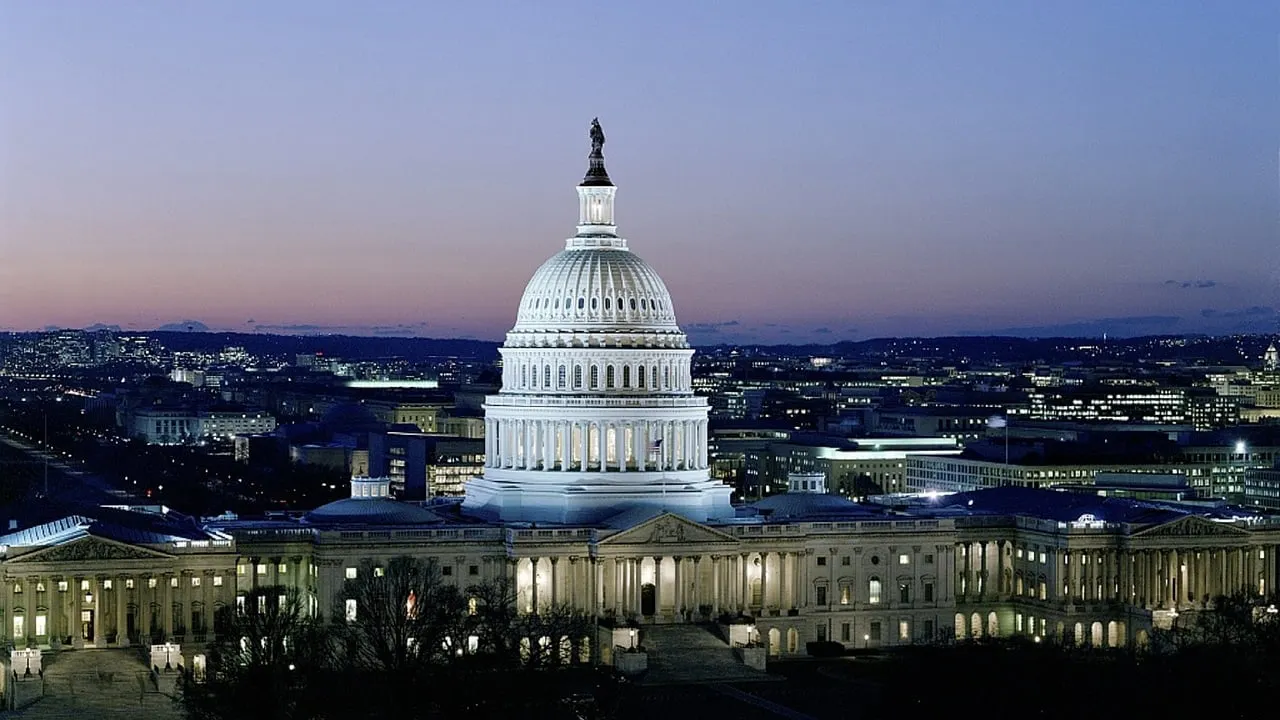For the second time in a week, crypto executives assembled before Congress to lend their support to a draft bill that would regulate digital assets in an increasingly hostile regulatory environment.
In a hearing before the House Financial Services Committee on Tuesday, executives from large crypto firms like Ava Labs and Circle shared their views on the Digital Asset Market Structure Discussion Draft, authored by members of the committee as well as the House Agriculture Committee.
Jeremy Allaire, the CEO of Circle, spoke favorably about the bill's provisions for regulating stablecoins. He said they would create more support for digital dollars that would help the U.S. maintain its global competitiveness.
"The steps that the US government takes in the coming years will have a significant impact on dollar competitiveness in the decades that follow," Allaire said in his opening remarks. "Failing to take the appropriate steps could have devastating consequences for our country."
Rep. Patrick McHenry (R-NC), the chairman of the committee and a key supporter of the bill, said the hearing was “years in the making,” and said the bill would adjust the existing regulatory system around crypto assets.
McHenry said that a key part of the bill revolves around establishing clearer requirements for trading platforms to register with either the Securities and Exchange Commission or the Commodity Futures Trading Commission. To do this, the congressman said the "central part" of the bill is establishing a timeframe for how assets can transition from securities to commodities.
This section of the bill has long been called for by members of the crypto world. Many executives decry the SEC’s approach to the industry as opaque and reliant on enforcement actions.
Emin Gün Sirer, CEO of Ava Labs, said that not all blockchain networks have anything to do with financial functions, and the same can be said about tokens. Sirer said that this reality meant regulations needed to take this into account.
“Tokens cannot simply be lumped together under a single set of regulations because they vary so widely in function and features," said Sirer.
This assertion has taken on greater meaning after the SEC launched lawsuits against the two biggest cryptocurrency exchanges, Binance and Coinbase, last week. It accused both companies of failing to register as exchanges and for trading in unregistered securities. Binance was separately accused of misleading regulators and co-mingling customer funds.
The companies deny the SEC’s allegations.
Democrats at the hearing were more cautious about endorsing the draft in its current form.
Rep. Maxine Waters (D-Calif.), the committee’s ranking member, said that Democrats would take more time to review the bill, but criticized a section of the bill that would allow firms to seek “provisional registration” that could provide "limited relief" to firms facing SEC enforcement. Waters likened this to a “get out jail free” card for firms accused of wrongdoing.
Other Democrats were more hostile. Rep. Stephen Lynch (D-Mass.) accused Republicans of undermining the SEC’s authority with the bill. Rep. Brad Sherman (D-Calif.) went so far as to say the bill was fulfilling the goals of Sam Bankman-Fried, the disgraced CEO of the now-bankrupt FTX.
"We should let him out of jail to at least celebrate this," Sherman said sarcastically.
Bankman-Fried was indicted by federal prosecutors in December for multiple financial crimes, illegal political contributions, and bribery of foreign officials. Before the collapse of FTX, Bankman-Fried repeatedly lobbied Congress for regulations for the crypto industry.

